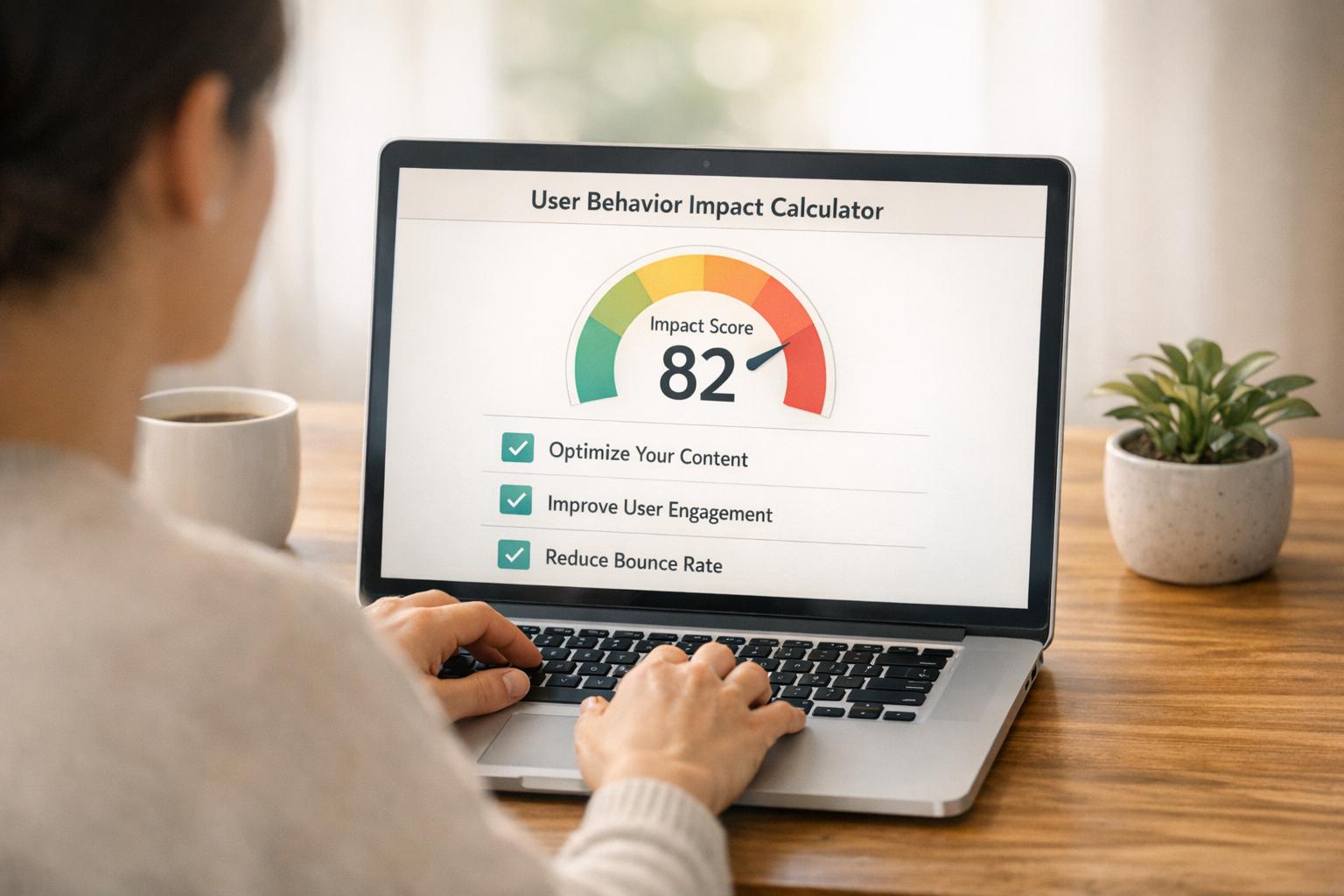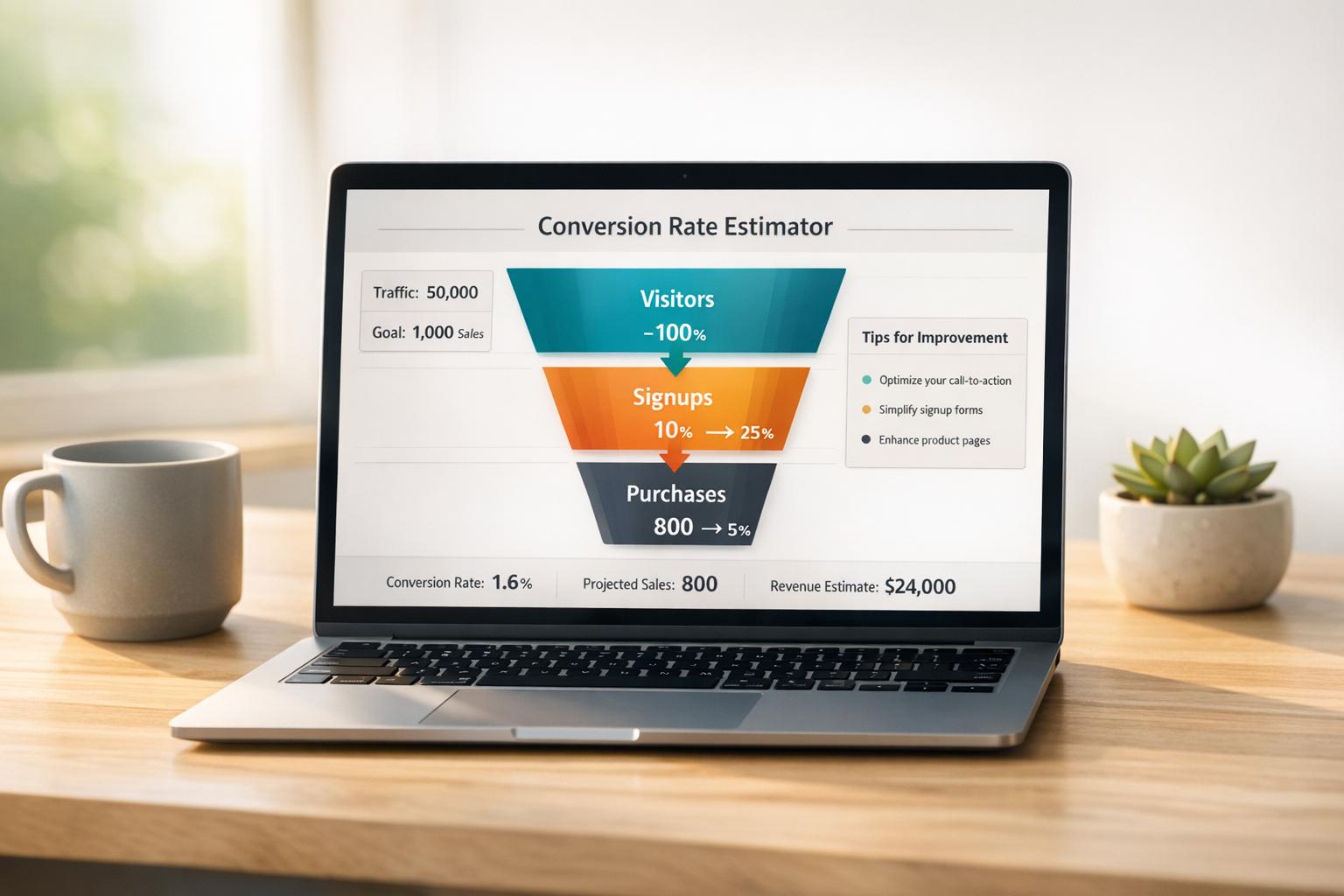

What Is Content SEO? A Beginner’s Guide

What Is Content SEO? A Beginner’s Guide
 03-03-2025 (Last modified: 21-05-2025)
03-03-2025 (Last modified: 21-05-2025)
Introduction
You’ve probably heard that “content is king,” but not all content is created the same. To truly dominate search rankings and attract the right audience, you need content SEO. What is Content SEO? Well it’s a strategic approach to creating and optimizing content that ranks well on search engines while engaging users.
So, what is content SEO exactly, and how does it differ from traditional SEO? In this guide, we’ll break down the essentials, debunk common misconceptions, and show you how an effective content SEO strategy can help boost organic traffic and improve engagement. We’ll also touch on how PageTest.ai can help fine-tune your content by testing what resonates best with your audience.

What Is Content SEO?
Content SEO refers to the process of optimizing website content to improve its visibility on search engines. Unlike traditional SEO, which focuses on technical factors like site speed and backlinks, content SEO is about creating valuable, relevant, and optimized content that satisfies both search engines and users.
How Content SEO Differs from Traditional SEO
| Traditional SEO | Content SEO |
|---|---|
| Focuses on technical aspects (site speed, structure) | Prioritizes high-quality, relevant content |
| Relies on backlinks and domain authority | Uses keywords, engagement, and readability to rank |
| Optimizes for search engines first | Optimizes for users first, search engines second |
While technical SEO is still important, search engines are getting smarter. They prioritize content that answers user queries naturally and effectively.
Why Content SEO Matters
Ignoring content SEO means missing out on valuable organic traffic. Google’s algorithm is designed to reward content that is informative, engaging, and useful. If your content isn’t optimized, your audience might never find it.
- Higher rankings – Well-optimized content appears at the top of search results.
- Increased engagement – Users stay longer on well-structured, readable content.
- More conversions – Quality content builds trust and encourages action.
- Better user experience – Content that answers questions effectively leads to satisfied visitors.
For businesses, this means an opportunity to attract more qualified leads without spending a fortune on paid ads.
Key Components of an Effective Content SEO Strategy
A strong content SEO strategy is built on three pillars: keyword research, high-quality content, and user engagement.
1. Keyword Research: Finding the Right Topics
Before writing a single word, you need to understand what your audience is searching for. Keyword research helps you identify high-value terms that align with user intent.
How to Do Keyword Research:
- Use tools like Google Keyword Planner or Ahrefs to find relevant keywords.
- Focus on long-tail keywords (e.g., “how to optimize content for SEO”).
- Identify search intent—Are users looking for information or trying to buy?
- Avoid keyword stuffing—use keywords naturally within your content.
Example: Instead of targeting “SEO tips,” aim for “SEO tips for small businesses in 2024.”
2. Creating High-Quality, Optimized Content
Once you have your keywords, it’s time to create valuable content that search engines (and readers) will love.
Best Practices for Content SEO:
- Write for humans first, search engines second – Keep your content engaging and easy to read.
- Use headings (H1, H2, H3) – Helps structure your content and improves readability.
- Incorporate keywords naturally – In titles, subheadings, and throughout the text.
- Provide real value – Answer user questions in-depth and avoid fluff.
- Optimize meta descriptions – Keep them under 160 characters with a compelling CTA.
Example: Instead of just listing SEO tips, provide step-by-step instructions and case studies to add value.
3. Boosting User Engagement for Better Rankings
Google tracks how users interact with your content. If visitors stay longer and engage more, your rankings improve.
How to Increase Engagement:
- Use internal links – Guide users to relevant content on your site.
- Add visuals (images, videos, infographics) – Break up text and improve readability.
- Encourage interaction – Ask questions, add polls, and enable comments.
- Run A/B tests – Platforms like PageTest.ai help test which headlines, CTAs, and content styles perform best.
Case Study: A company improved its conversion rate by 27% just by testing different blog post titles with PageTest.ai and choosing the one with higher engagement.

Common Content SEO Mistakes to Avoid
Even seasoned marketers make mistakes when optimizing content. Here are some common pitfalls to watch out for:
- Ignoring search intent – Writing content that doesn’t align with what users are looking for.
- Overloading with keywords – Keyword stuffing makes content unreadable and can hurt rankings.
- Not updating old content – Google favors fresh, updated content.
- Skipping internal linking – Links help search engines understand content relationships.
- Failing to optimize for mobile – Google prioritizes mobile-friendly content.
Avoiding these mistakes can make the difference between page one rankings and search engine obscurity.
How PageTest.ai Can Help Optimize Content SEO
Creating great content is one thing, but knowing what actually works is another. That’s where PageTest.ai comes in. This powerful tool lets you test different content variations to see which one resonates best with your audience.
- A/B test headlines, descriptions, and CTAs to improve engagement.
- Analyze user interactions to understand which content keeps visitors on the page.
- Refine keyword targeting by testing different approaches to SEO copywriting.
By using data to fine-tune your content, you can ensure that your SEO efforts lead to higher rankings and better conversion rates.
Final Thoughts: Why Content SEO Is Essential for Success
So, what is content SEO? It’s more than just adding keywords to your articles—it’s about creating content that search engines love and users find valuable.
Our Top Takeaways:
- Content SEO = optimized content + keyword strategy + user engagement.
- Google rewards quality content that answers user queries effectively.
- Keyword research, readability, and engagement are key ranking factors.
- Testing and refining content (with tools like PageTest.ai) leads to better performance.
If you’re serious about growing your organic traffic, investing in content SEO is a must. Start optimizing your content today and watch your rankings climb!
FAQs: What Is Content SEO?
What is content SEO and how is it different from regular SEO?
Content SEO focuses on creating and optimizing content (like blog posts, landing pages, product descriptions) to improve visibility on search engines. Regular SEO includes technical elements (like site speed and backlinks), but content SEO is all about relevance, readability, and satisfying user intent.
Why is content SEO important for my website?
Because content is what Google indexes and ranks! Content SEO helps you attract organic traffic, answer user queries, and convert visitors by ensuring your content is both helpful to humans and discoverable by search engines.
How do I choose the right keywords for content SEO?
Start with keyword tools like Ahrefs, Ubersuggest, or Google Keyword Planner. Look for:
-
Long-tail keywords (e.g., “SEO tips for beginners in 2024”)
-
Terms with clear search intent
-
Keywords your audience is already searching
How often should I update my content for SEO?
You should review and refresh content every 6–12 months, or sooner if:
-
Rankings drop
-
Industry trends change
-
Your content becomes outdated
Updating helps retain visibility and ensures your site stays relevant.
Can I use AI tools to help with content SEO?
Yes! Tools like PageTest.ai let you A/B test content headlines, calls-to-action, and copy variations to see what performs best. AI can also help generate keyword ideas, improve structure, and suggest edits based on search trends.
say hello to easy Content Testing
try PageTest.AI tool for free
Start making the most of your websites traffic and optimize your content and CTAs.
Related Posts

 10-02-2026
10-02-2026
 Ian Naylor
Ian Naylor
User Behavior Impact Calculator
Discover how user behavior affects your site’s success with our free calculator. Get your impact score and tailored tips to boost performance!

 09-02-2026
09-02-2026
 Ian Naylor
Ian Naylor
Content Variation Idea Generator
Struggling with fresh content ideas? Use our Content Variation Idea Generator to brainstorm unique angles and formats tailored to your audience!

 07-02-2026
07-02-2026
 Ian Naylor
Ian Naylor
Website Conversion Rate Estimator
Estimate your website’s conversion rate with our free tool! Input traffic and goals to get tailored insights and tips to improve your results.
